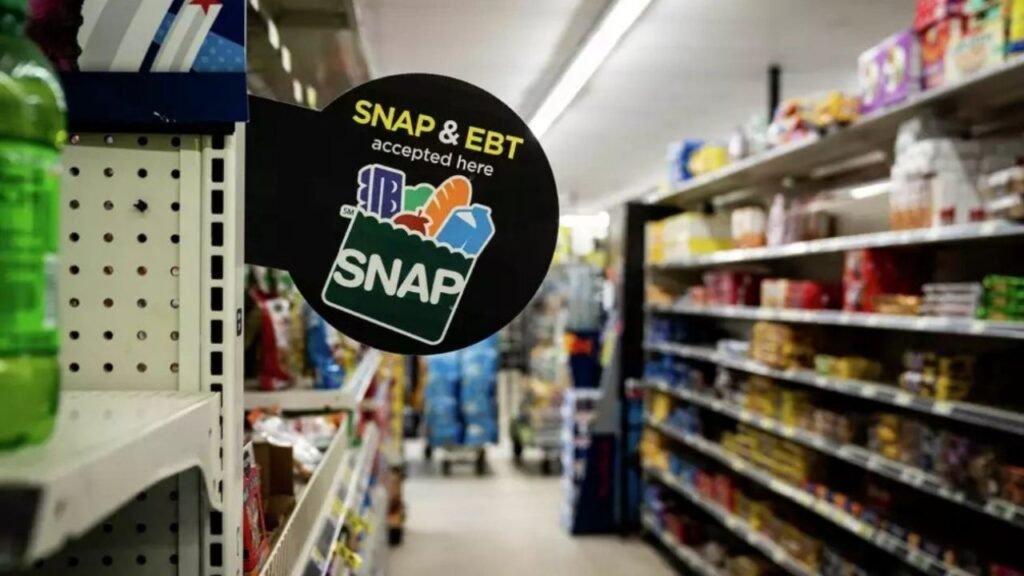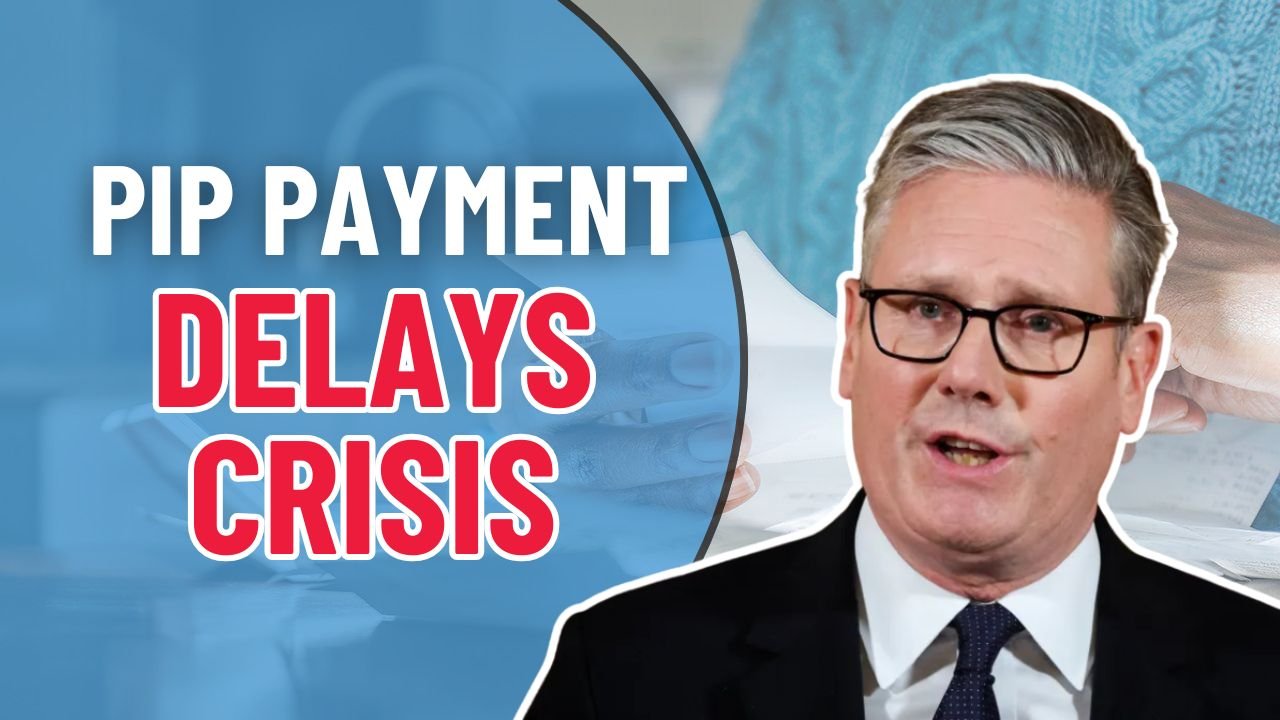The U.S. government shutdown has put millions of Americans at risk of losing food benefits. To prevent this, Representative Mariannette Miller-Meeks has introduced the Keep SNAP Funded Act of 2025. The bill aims to ensure uninterrupted Supplemental Nutrition Assistance Program (SNAP) payments during the shutdown. It seeks to protect families, seniors, and children who rely heavily on these monthly benefits for basic nutrition.
Table of Contents
The Keep SNAP Funded Act of 2025
This legislation provides authority for continued SNAP funding until the U.S. Department of Agriculture receives new appropriations. The bill is co-sponsored by Rep. Max Miller and supported in the Senate by Sen. Josh Hawley. According to Miller-Meeks, the proposal is a necessary safeguard to prevent millions from losing access to food during a period of political gridlock. She emphasized that access to food should never be used as a bargaining tool in Washington’s budget disputes.
What’s at Stake for SNAP Recipients

Without congressional action, the USDA has warned that November’s SNAP payments may be delayed or reduced. The shutdown threatens more than 42 million Americans who depend on SNAP for their groceries. Many of them are children, seniors, or low-income families in rural areas where alternative food sources are limited. October payments were unaffected, but continuing uncertainty could leave households struggling to meet basic food needs.
Key Points of the SNAP Funding Bill
- Ensures SNAP payments continue even during a government shutdown
- Provides temporary funding authority until the USDA receives new appropriations
- Protects over 42 million Americans from food insecurity
- Receives bipartisan attention despite political tension in Congress
- Aims to stabilize essential food aid for children, families, and elderly citizens
Political Reactions and Ongoing Debate
The introduction of this bill has deepened the divide between Republicans and Democrats. Democrats argue that the GOP’s proposal avoids addressing larger economic concerns, while Republicans maintain that the bill is focused solely on preventing hunger. Some Democratic leaders view it as political posturing, pointing out that certain Republicans have previously supported cuts to food aid programs. Nonetheless, the bill has gained traction as public concern about food security continues to rise.
Current SNAP Participation and Funding Data
| Category | Estimated Individuals Impacted | Funding Source | Status During Shutdown |
|---|---|---|---|
| National SNAP Recipients | 42 million | USDA Federal Funding | At Risk for November |
| Iowa Residents | 262,000 | Federal SNAP Allocation | Protected under Bill |
| Children Under 18 | 100,000+ | Linked SNAP Benefits | May Face Delays Without Bill |
The table highlights the importance of maintaining continuous funding. States with fewer emergency food programs, such as Iowa, are more likely to experience hardship if payments stop.
What Happens Next in Congress
The future of the bill depends on bipartisan cooperation. It may receive a vote in the House once the Senate acts on its companion version. If passed, the measure would act as a short-term safeguard until a larger government funding deal is reached. The USDA continues to warn that delays could affect millions of Americans, putting immense pressure on lawmakers to act quickly.
Impact on Families Nationwide
For many households, SNAP benefits represent the difference between stability and hunger. The Keep SNAP Funded Act has become a symbol of broader concerns about how political impasses affect ordinary citizens. If enacted, the bill will provide reassurance to millions of families that they will not lose access to food due to political disagreements.
Long-Term Implications of the Bill
Beyond addressing the current crisis, the bill raises questions about how essential social programs can be protected from future shutdowns. Lawmakers may consider creating automatic funding mechanisms for critical welfare programs to prevent repeated uncertainty. Ensuring stability in SNAP and similar services could become a major topic of reform in the next Congress.
FAQ
- What is the Keep SNAP Funded Act of 2025?
It is a bill introduced to ensure SNAP benefits continue during the government shutdown. - Who introduced the bill?
Representative Mariannette Miller-Meeks from Iowa introduced the bill, supported by several Republican lawmakers. - Why was the bill proposed?
The bill was proposed to prevent disruptions in food assistance for over 42 million Americans during the shutdown. - How many people depend on SNAP benefits?
More than 42 million individuals across the United States rely on SNAP for food assistance. - When could the bill be passed?
The House is expected to consider the bill after the Senate acts on its companion versio



